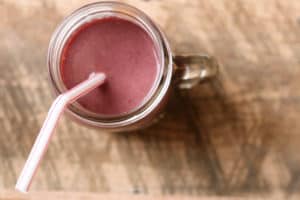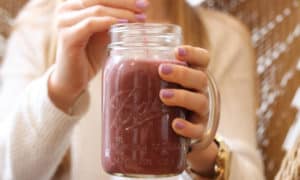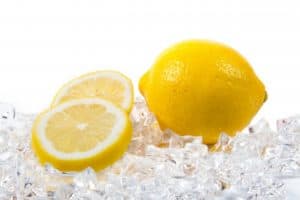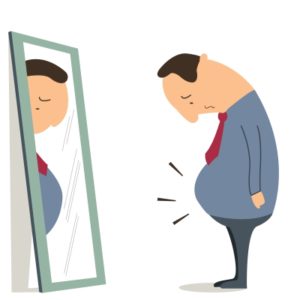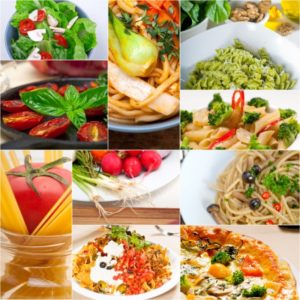 Are you struggling with IBS and pulling your hair out because no matter how careful you are about what you eat, you still have diarrhea? You might be deficient in vitamin B12. Did you know that zinc helps you concentrate and studies show that zinc deficiency is very common in people with ADHD? Did you know that being tired might not be a sign of needing a nap, but rather magnesium deficiency?
Are you struggling with IBS and pulling your hair out because no matter how careful you are about what you eat, you still have diarrhea? You might be deficient in vitamin B12. Did you know that zinc helps you concentrate and studies show that zinc deficiency is very common in people with ADHD? Did you know that being tired might not be a sign of needing a nap, but rather magnesium deficiency?
Do you
- feel tired?
- feel anxious?
- have muscle cramps?
- have skin conditions?
- have digestive problems?
- have low libido?
These are all signs of micronutrient deficiencies. And they all have a simple easy solution-supplementation of the nutrient you are deficient in. But you don’t want to just wildly take supplements. Perhaps you do just need a nap. Additionally, too much of a good thing is dangerous. You want to discover what your unique deficiencies are and how much of specific nutrients you would need to reestablish a healthy level.
How? How to figure out what’s going on in your body without all the guess work? Through a simple micronutrient blood test. Keep reading for more details.
Vitamin and mineral deficiencies are extremely common in people who have chronic health problems. Do you suffer from:
- ADHD
- Autism
- Celiac
- Crohn’s or Colitis
- Diabetes
- Cancer
- Auto-immune diseases
Micronutrient deficiencies are also very common in people who are on medications such as:
- Antacids
- Antibiotics
- Cholesterol lowering drugs
- Anti-depressants
- Anticonvulsants
- Anti-inflammatories
- Diuretics
I am pleased to offer micronutrient testing to my clients through Spectracell. Their exclusive and comprehensive micronutrient test measures 35 essential nutrients INSIDE your cells (not just in your blood serum). This will give a much more accurate and long term picture of your health (compared to conventional blood testing you can get at your doctor’s office). Vitamins and minerals are so crucial to your health and the symptoms of deficiency (some are listed above) can be easily overlooked or worse, mistaken for other health problems. Imagine getting a slew of tests and medical treatments (to no avail) when the solution is supplementing a specific nutrient you are missing.
So many of us go along with our lives, taking a multivitamin and assuming that everything is fine. But wouldn’t it better to be aware of what’s going on in your body?
Please contact Dianne with any questions or for more information. Check out my tests page for this and other tests I offer.
Image courtesy of KEKO64 at FreeDigitalPhotos.net

